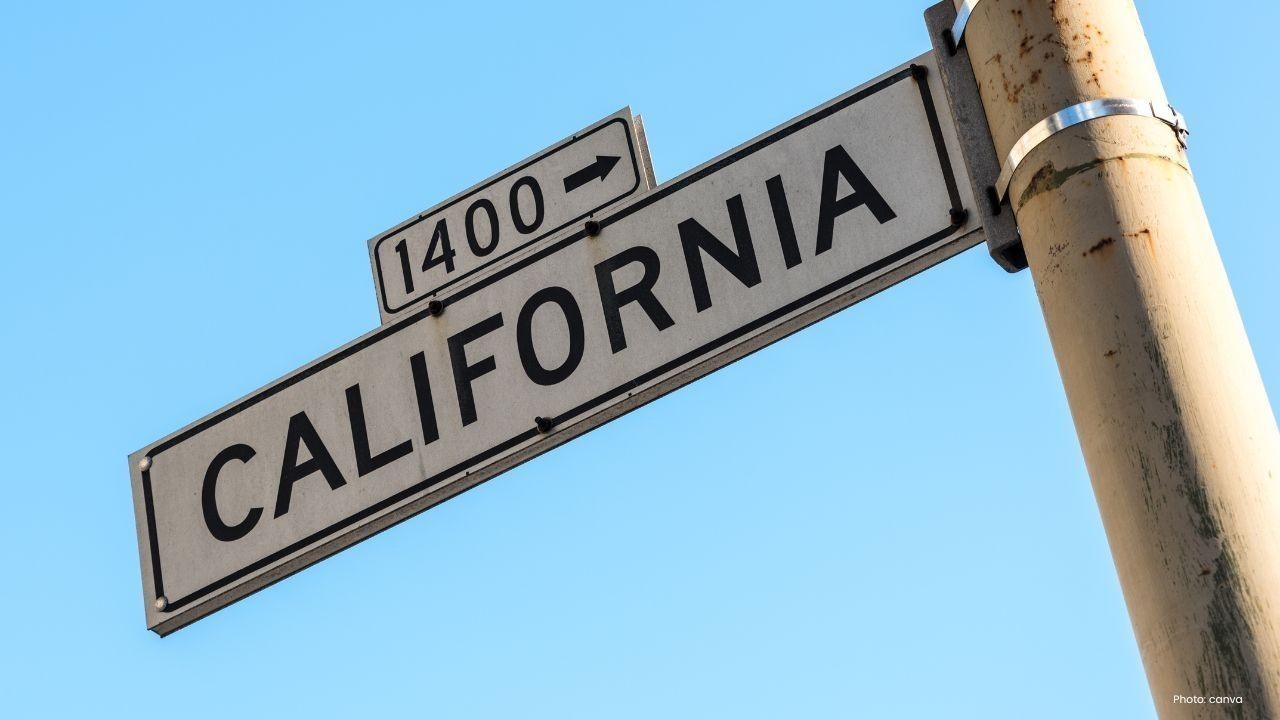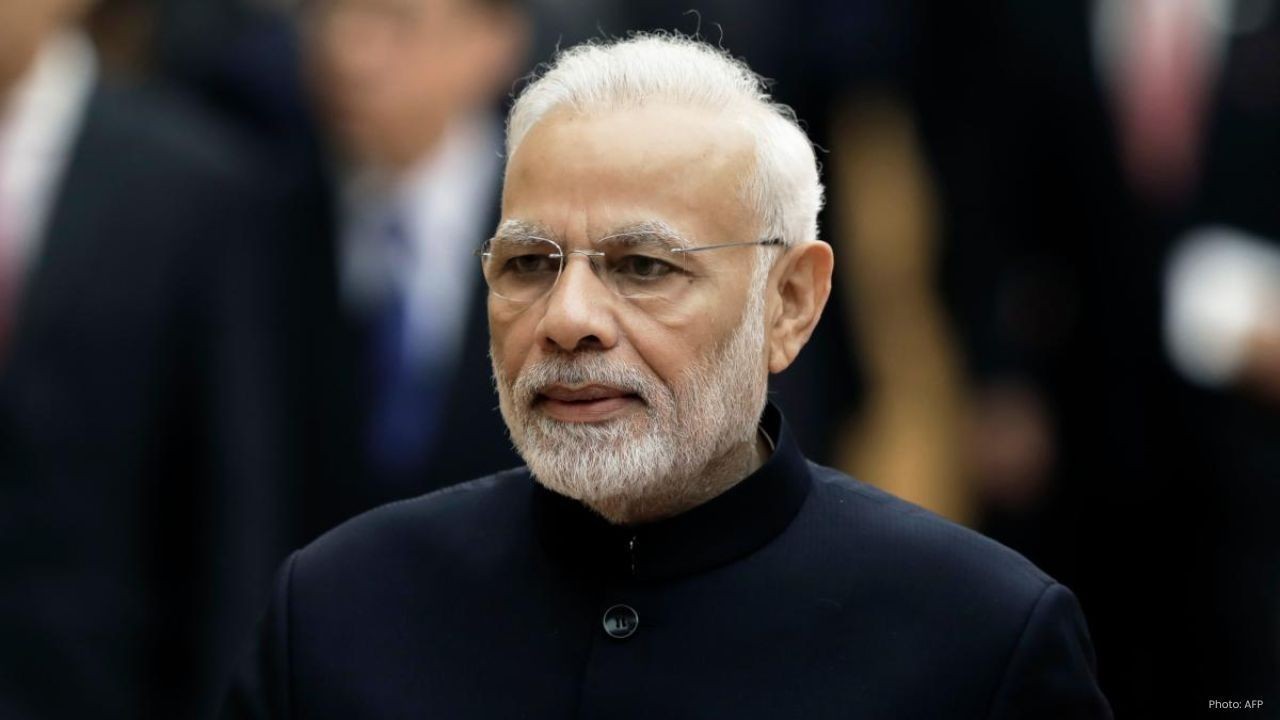
Post by : Rinkal
The University of California (UC), one of the largest higher-education systems in the United States, has filed a lawsuit against the Trump administration over the freezing of federal funds, alleging that such actions threaten academic freedom and violate the law. The lawsuit, lodged in the U.S. District Court for the Northern District of California, seeks to prevent the federal government from using financial pressure as leverage against the university system and aims to restore the funding already suspended.
The legal action comes after a series of measures by the Trump administration, including investigations into the handling of alleged antisemitism on campuses, and freezes on federal funding tied to climate initiatives and diversity, equity, and inclusion (DEI) programs. Labor unions, faculty, and student representatives filed the lawsuit collectively, asserting that the administration’s actions constitute an unprecedented threat to the independence of higher education institutions.
Allegations Against the Trump Administration
According to the coalition behind the lawsuit, the administration has deployed a “playbook” to intimidate colleges and universities by leveraging federal funding. The plaintiffs argue that this approach is based on disdain for the curriculum, expressive activity on campuses, and efforts to promote diversity and inclusion.
“The administration has attempted to implement a systematic approach to threaten universities,” the coalition said in a statement. “Such measures undermine the principles of academic freedom, create uncertainty, and place unjustifiable financial pressure on institutions serving hundreds of thousands of students and staff.”
University of California President James Milliken called the situation “one of the gravest threats” in the history of the UC system, noting that the university receives over $17 billion in federal funding annually. Milliken emphasized that cutting off these resources would severely impact research, education, and student support programs across the system’s ten campuses.
Background: Freezes and Investigations
The Trump administration had previously frozen $584 million in federal funding to UCLA, part of the UC system, in relation to its handling of alleged antisemitism during student protests against Israel’s actions in Gaza. A federal judge subsequently ordered the partial restoration of those funds.
Similarly, UC Berkeley reported in September that it had provided information on 160 faculty members and students to federal authorities as part of an investigation. The administration also proposed settling a probe into UCLA with a $1 billion payment from the university, which Governor Gavin Newsom condemned as an extortion attempt.
Federal officials have cited concerns that universities tolerated antisemitism during campus protests. However, critics, including student groups, argue that the government is wrongly equating criticism of Israel with antisemitism, and that advocacy for Palestinian rights is being misconstrued as support for extremism.
Civil rights advocates have raised concerns that the administration is attempting to align universities with its political agenda, warning that such interventions threaten both free speech and academic independence.
The University of California System
The University of California is among the largest and most influential higher-education systems in the United States. It comprises ten main campuses, including UCLA, UC Berkeley, UC San Diego, and UC Davis, serving nearly 300,000 students and employing approximately 265,000 faculty and staff members.
The university system is widely recognized for its academic excellence, cutting-edge research, and contributions to public policy and innovation. Federal funding plays a critical role in supporting research initiatives, scholarships, infrastructure, and outreach programs. The sudden freeze of millions of dollars threatens to disrupt these essential operations, affecting students and communities nationwide.
Legal and Political Implications
The lawsuit against the Trump administration highlights the intersection of law, politics, and education in the United States. Legal experts note that universities have historically enjoyed broad protections under academic freedom, allowing faculty and students to pursue research, teaching, and advocacy without government interference.
In a related development, a federal judge recently ruled that the administration had unlawfully terminated more than $2 billion in grants for Harvard University, setting a legal precedent that could influence the UC case. Human rights organizations have argued that attempts to manipulate university funding to enforce ideological conformity may violate constitutional protections and federal statutes.
The lawsuit also raises questions about the appropriate scope of federal authority. By conditioning funding on compliance with certain policies, critics argue that the government is effectively coercing universities to adopt specific political stances, potentially undermining the independence of higher education institutions.
Broader Concerns About Academic Freedom
Faculty, students, and civil rights groups contend that the administration’s approach could have far-reaching implications for academic freedom across the United States. Universities are expected to provide open forums for debate, research, and critical inquiry. Threats to funding, they argue, could discourage scholarly exploration and hinder dialogue on contentious social and political issues.
The freeze on DEI programs, in particular, has drawn criticism for disproportionately affecting initiatives designed to support underrepresented students, faculty, and staff. Advocates argue that these programs are vital for promoting equity, fostering inclusive learning environments, and addressing systemic barriers in higher education.
Human Rights and Global Perspectives
Human rights organizations have noted a rise in antisemitism, Islamophobia, and anti-Arab bias linked to geopolitical tensions in the Middle East. While the Trump administration has focused on alleged antisemitism, it has not announced probes into other forms of discrimination, raising questions about selective enforcement.
Critics argue that universities play a crucial role in promoting tolerance, critical thinking, and social awareness. Interference with funding based on political disagreements may compromise these educational objectives, limiting students’ ability to engage in meaningful dialogue about global issues.
Previous Settlements and Legal Precedents
The Trump administration has previously reached settlements with Columbia University and Brown University following similar investigations. These cases illustrate the administration’s broader strategy to scrutinize higher-education institutions’ policies and practices, particularly regarding campus protests, diversity programs, and social activism.
Legal scholars suggest that the UC lawsuit may serve as a benchmark for future disputes, establishing boundaries for federal intervention in university affairs. If successful, the case could reaffirm protections for academic freedom and limit the use of funding as a coercive tool.
Reactions from Students and Faculty
Students and faculty across UC campuses have expressed concern and frustration over the administration’s actions. Many view the funding freeze as an attempt to intimidate and control university governance. Faculty leaders emphasize that these measures threaten not only research and education but also the broader principles of free expression and democratic discourse on campus.
Labor unions supporting the lawsuit stress that financial coercion undermines the university’s ability to provide a safe, inclusive, and academically rigorous environment. Students highlight the uncertainty created by funding freezes, noting that scholarships, research grants, and campus programs may be delayed or canceled.
Economic Impact of Funding Freeze
The financial implications of the funding freeze are substantial. Federal support accounts for a significant portion of the UC system’s budget, enabling research across science, engineering, medicine, and social sciences. The suspension of funds could disrupt ongoing projects, delay scientific discoveries, and hinder community-based programs.
Universities rely on federal grants to collaborate with industry, government agencies, and international partners. Any interruption in funding not only affects campus operations but also diminishes the broader economic contributions of higher education, including employment, innovation, and regional development.
The University of California’s lawsuit against the Trump administration underscores the ongoing tension between political authority and academic independence. By challenging the freeze on federal funding, UC aims to defend academic freedom, restore financial stability, and ensure that universities can continue to serve students, faculty, and society without undue interference.
As the case proceeds in the Northern District of California, legal observers anticipate that it will attract national attention, given its implications for federal oversight, civil rights, and higher-education governance. The outcome could influence policy decisions, establish important legal precedents, and reaffirm the essential role of universities as independent centers of knowledge, debate, and innovation.
For the University of California, the stakes are high. With tens of thousands of students and hundreds of thousands of faculty and staff affected, the lawsuit represents not only a legal challenge but a critical defense of the values that underpin American higher education.

flydubai Launches New Flights to Nairobi, Expands Kenya Services
flydubai starts four weekly flights to Nairobi from Dubai from 15 Oct 2025 and increases Mombasa fli

Mamluks: Legacy of an Empire Exhibition Opens in Abu Dhabi
Explore the Mamluk Sultanate’s rich art and culture at Louvre Abu Dhabi, featuring 270+ artworks, in

PM Modi Launches Major Textile & Women Welfare Initiatives in MP
PM Modi visits Dhar, Madhya Pradesh, to launch PM MITRA Park, boost women's health, tribal welfare,

Retro AI Couple Portraits Go Viral with Gemini Nano Banana
Gemini AI’s Nano Banana trend creates vintage couple and saree portraits, blending retro charm with

Messi Shines as Inter Miami Defeats Seattle Sounders 3-1
Lionel Messi scores and assists as Inter Miami beats Seattle Sounders 3-1, securing a strong win wit

University of California Sues Trump Over Federal Funding Freeze
University of California sues Trump administration to restore frozen federal funds, defend academic

Mbappe Scores Twice as Real Madrid Beat Marseille 2-1
Kylian Mbappe scored two penalties to give Real Madrid a 2-1 win over Marseille in their Champions L

The Mind Gut Connection How Your Diet Shapes Your Mood and Mental Health
Discover how your diet affects mental health mood and stress Learn tips to keep your gut and mind

Dubai s 2025 Property Outlook Key Trends Prices and Investment Opportunities
Discover Dubai s 2025 property trends price changes rental yields and investment opportunities in

Like Trees Let Us Live to Give A Lesson in Purposeful Living
Discover life lessons from trees on giving purpose and serving others in every season inspiring a

From Street Style to High Fashion How Modest Fashion is Evolving in the UAE
Explore how modest fashion in the UAE evolved from traditional wear to stylish street and high fashi

Spotlight on Emerging Emirati Designers Shaping Dubai s Global Fashion Scene
Discover how emerging Emirati designers blend tradition modernity and sustainability to redefine D

Mastering Power Dressing Your Complete Guide to Dubai s Business Style
Learn how to master power dressing in Dubai s business world with tips on colors fit accessories

The Rise of Sustainable Fashion in the UAE Eco Friendly Trends Shaping 2025
Explore how sustainable fashion is transforming the UAE with eco friendly trends innovative designs

The Hottest Fashion Trends of 2025 Bold Colors Sustainable Styles & Dubai Street Fashion
Explore 2025 fashion trends in Dubai bold colors sustainable styles oversized outfits vintage lo